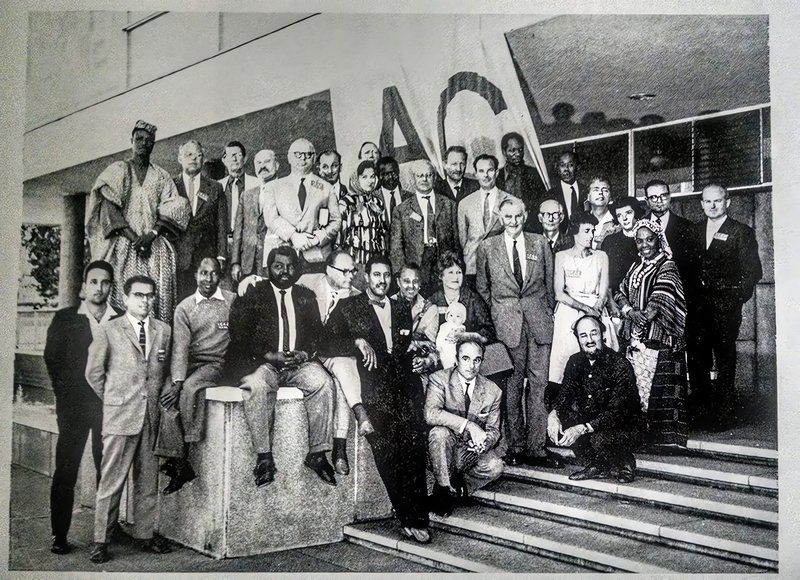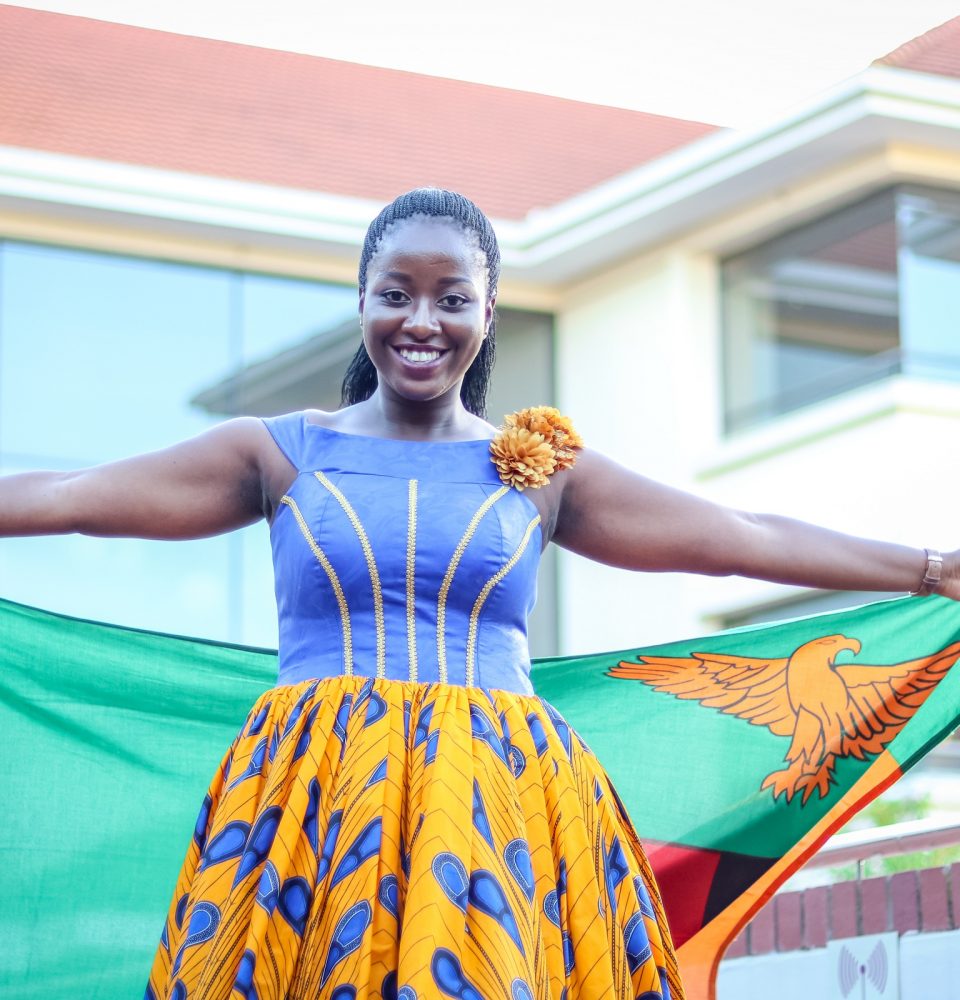With the dawn of Zambia’s independence came the winds of hope, imbued with the desire to stake a claim at belonging within the burgeoning nation state. The formation of literary journals in Zambia’s early days is a reflection of this desire, publishing work that was often influenced by the social, political and economic state of affairs in the country.
The 1960’s were a golden age for African literature. In 1962, a group of African writers met at Makerere University College for the first African Writers Conference in Kampala, Uganda. Conference attendees included prominent writers such as, Chinua Achebe (Nigeria), Ngugi wa Thiong’o (Kenya) and Wole Soyinka (Nigeria). The conference was held during a period when many African states were gaining independence from colonial powers, and this group of writers met, amongst other reasons, to define the parameters of African literature in the wake of the formation of many newly independent African states. This now legendary conference could be regarded as an endeavour by writers to take ownership of cultural production to an extent previously unavailable to African writers. Further south, in Zambia, this sense of obligation and patriotism found its way into the founding of the country’s earliest literary journals.
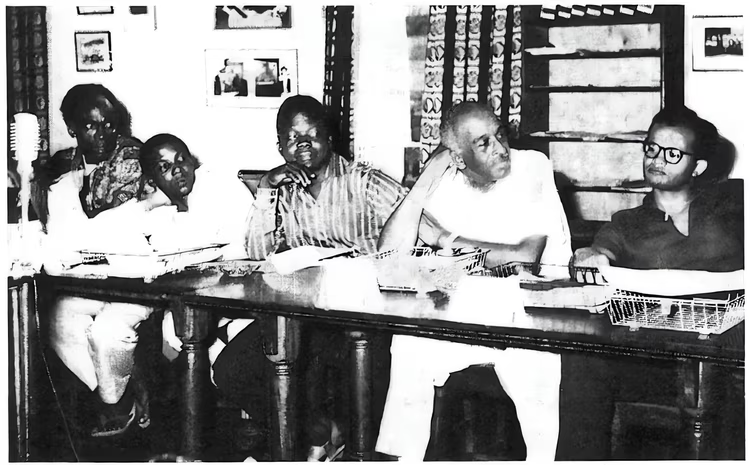
New Writing From Zambia
The first issue of New Writing from Zambia (NWZ) was published in September 1964, preceding Zambia’s official independence from Britain. It was Zambia’s first literary journal and was presented as a pamphlet, with the editorial committee stating in the introduction that they hoped the journal would be published bi-monthly and would become an avenue of expression for Zambian writers and poets. A month later, NWZ published the “Independence Issue” which featured a message from Dr.Kenneth Kaunda. The then president wrote, “It is fitting that this publication should coincide with the independence of our country, as the two events should give that impetus to the creative side of our culture that has, for so long, been lying dormant.” This message is evidence of the New Writers Group’s aspirations to participate in literary production centred on the newly independent Zambia, whilst simultaneously existing as an authoritative and respectable entity within this production.
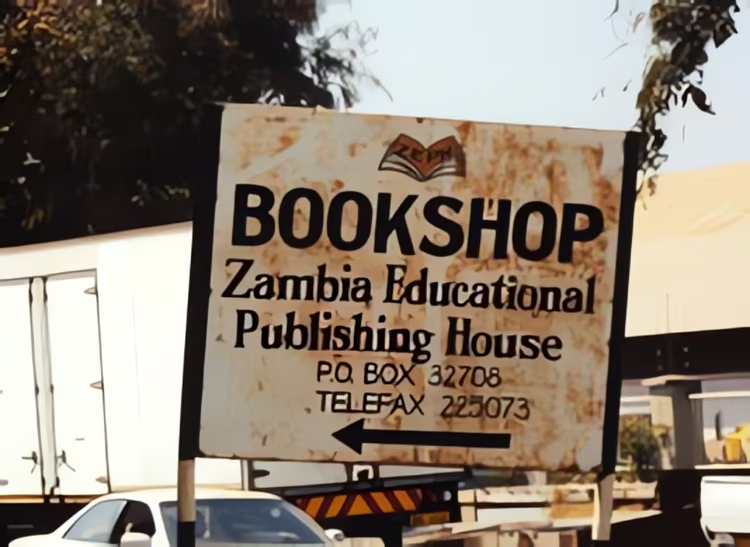
New Writing from Zambia published from 1964 to 1975, three years after President Kaunda declared that the country would be a one party state. The founding members of the New Writer’s Group and notable contributors to NWZ were a group of mostly men, who were of varying race and ethnicity and were middle-class. Noteworthy contributors to the journal include: Elias Chipimo and Sundie Kazunga, who went on to become key figures in the ruling party during Kaunda’s regime. Ranka Primorac observes that the journal was ideologically rooted in Zambian Humanism, with texts that reference Martin Luther King, Jr.’s assassination, apartheid, the Biafra War and Zambia’s own social problems. However, NWZ was not without critique. Given the middle class backgrounds of many of the writers, the publication was viewed as elite by some. This lead to the formation of counter publications, such as The Jewel of Africa.
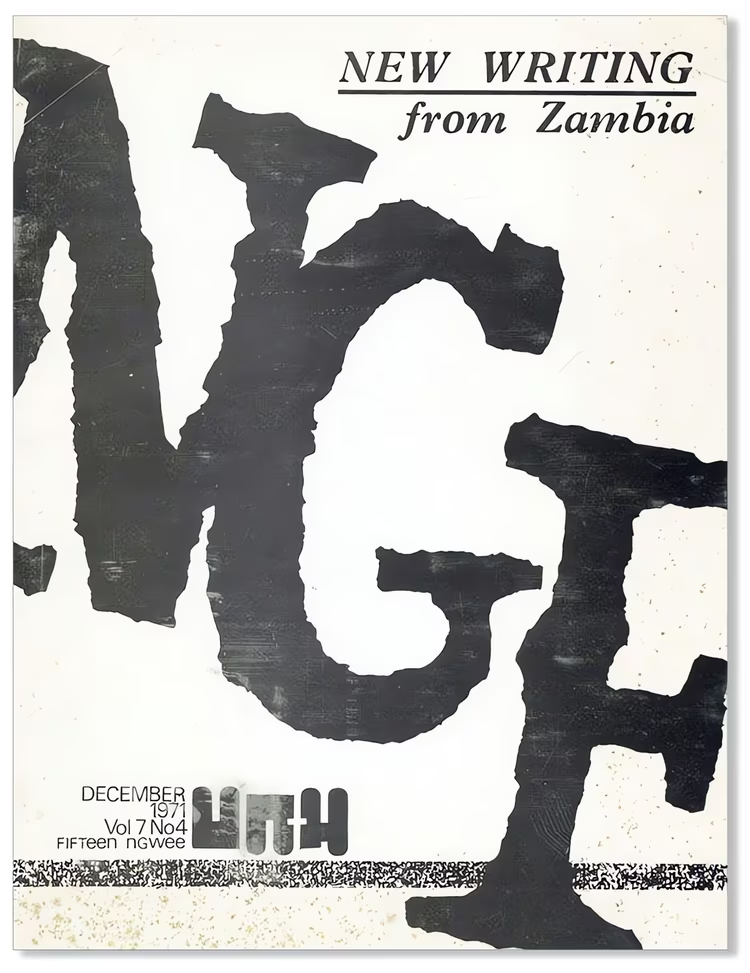
The Jewel of Africa
Between 1968 and 1970, a group of students from the University of Zambia led by Stephen Moyo formed a literary and cultural group called the Mphala Creative Society. Interestingly, Moyo was previously associated with NWZ. The Mphala Creative published a literary journal called The Jewel of Africa. This journal was created with the explicit intention of promoting indigenous cultural values, thus directly questioning the cultural authority of NWZ. Moyo maintained that Mphala and NWZ had cordial relations and The Jewel of Africa only served as a vehicle for the publication of more Afrocentric texts. However, an exchange between NWZ editor David Simpson and Mubanga E.Kashoki of the University of Zambia was published in the NWZ bulletin. The exchange was related to a poem by Mr.Kashoki that NWZ had declined to publish. Eventually the poem was published in full, but this incident called into question the credibility of NWZ’s cultural authority.
Literary Legacies
New Writing From Zambia and The Jewel of Africa are regarded as foundational texts in the formation of Zambia’s canon of literature in English. Both journals provided platforms for Zambian writers to conjure up images of the newly established nation state, reflecting cultural ideas that were in vogue. As Zambians, we celebrate these journals for their contribution to the growth Zambian literature and their historical importance.
